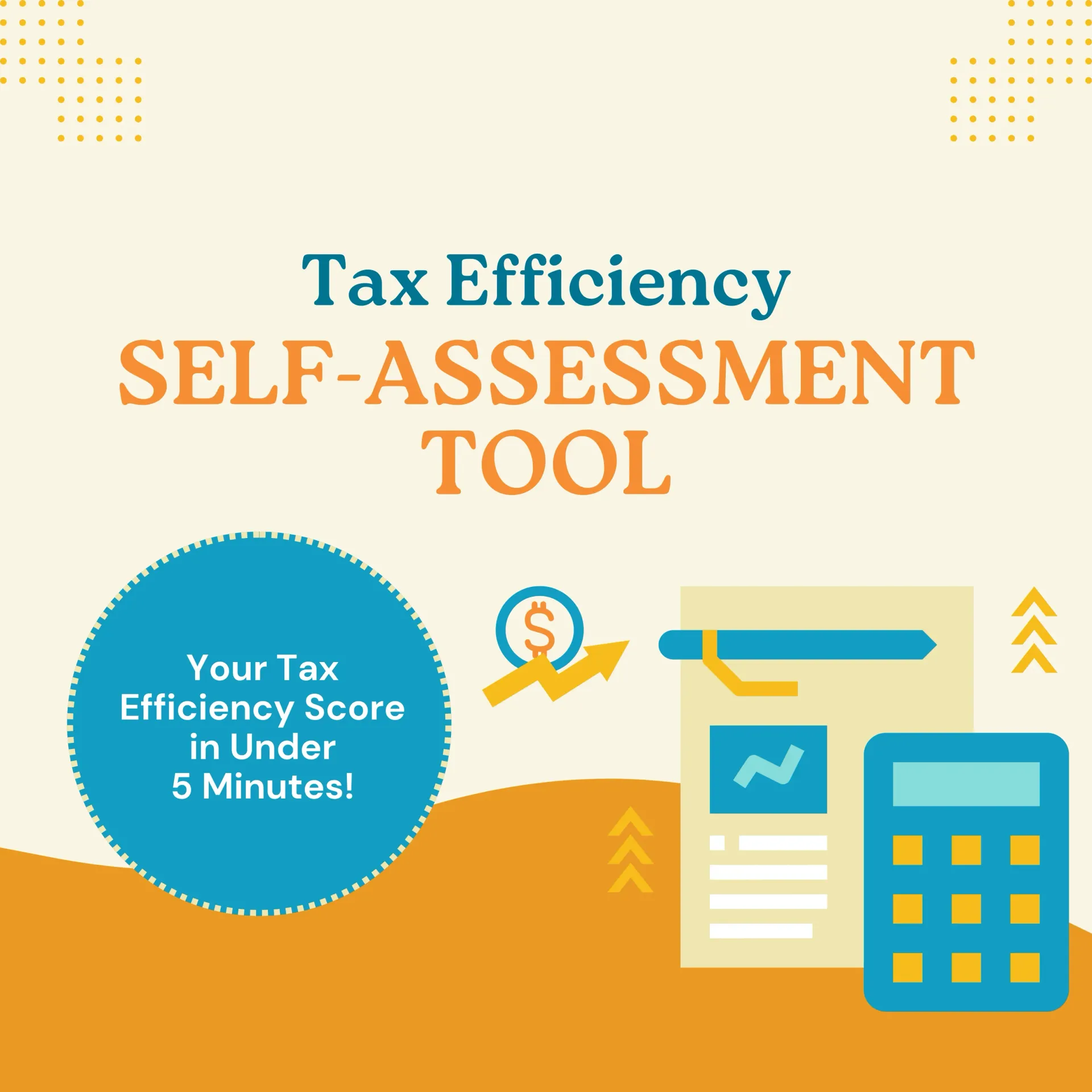Tax Strategies for Real Estate Investors: Maximizing Returns
Investing in
real estate can be a fantastic way to build wealth, but it’s essential to understand the tax implications that come along with it. If you're a real estate investor, knowing how to maximize your returns through effective tax strategies is crucial. In this blog post, we’ll explore some of the best tax-saving strategies available for real estate investors, including depreciation, 1031 exchanges, and expense deductions. By the end, you’ll have a clearer picture of how to keep more of your hard-earned money in your pocket.
Real Estate Tax Benefits: An Overview
Real estate investing is not just about finding the right property; it’s also about understanding how to navigate the tax landscape. Many investors overlook the potential tax benefits that can significantly enhance their overall returns. If you’re looking to optimize your investment strategy, let’s dive into some key tax-saving tactics.
Understanding Depreciation: A Hidden Gem
One of the most powerful tools at your disposal as a real estate investor is depreciation. This is essentially a way to account for the wear and tear on your property over time. The IRS allows you to deduct a portion of your property’s value each year from your taxable income. For residential properties, this period is typically 27.50 years.
Example: Imagine you purchase a rental property for $300,000 (excluding land value). Each year, you could deduct about $10,909 from your taxable income ($300,000 divided by 27.50). This can significantly lower your overall tax bill.
1031 Exchanges: Deferring Taxes Like a Pro
Another fantastic strategy is the 1031 exchange, which allows you to defer paying capital gains taxes when you sell one investment property and buy another similar one. This means if you sell a property for a profit, instead of paying taxes on that gain immediately, you can reinvest those profits into another property without incurring immediate tax liabilities.
Here’s how it works:
Let’s say you bought a rental property for $200,000 and sold it for $300,000. Normally, you'd pay taxes on that $100,000 profit. However, if you do a 1031 exchange and buy another rental property with those proceeds, you can defer those taxes until you sell that new property.
Timing is key! You need to identify a new property within 45 days and complete the purchase within 180 days after selling the original one. This can be challenging but working with experienced real estate agents and intermediaries can make this process smoother.
Expense Deductions: Don’t Leave Money on the Table
As a real estate investor, there are numerous expense deductions available that can help reduce your taxable income further.
Common deductions include:
- Mortgage Interest: Deduct the interest paid on loans taken out to purchase or improve your rental properties.
- Property Management Fees: Deduct fees paid to property managers.
- Repairs and Maintenance: Deduct costs associated with keeping your property in good shape.
- Utilities and Insurance: Ongoing costs that are fully deductible.
The Importance of Professional Guidance
Navigating tax laws can be complex and ever-changing. That’s why consulting with a tax professional who specializes in real estate investing is invaluable.
For instance, they might suggest setting up an LLC (Limited Liability Company) for your investments. This not only provides liability protection but may also offer additional tax benefits through pass-through taxation.
Conclusion: Maximize Your Returns
Understanding these tax strategies—depreciation, 1031 exchanges, and expense deductions—can significantly impact your bottom line as a real estate investor. By leveraging these tools effectively, you can maximize your returns and build wealth over time.
Remember, every dollar saved in taxes is another dollar that can be reinvested into your portfolio or used to reach other financial goals. So take the time to educate yourself about these strategies or consult with professionals who can guide you through the process.
Investing in real estate isn’t just about finding great properties; it’s also about being smart with your finances. With these strategies in hand, you're well-equipped to navigate the world of real estate investing like a pro!
Discover Your Tax Savings Score in Minutes!


Salim is a straight-talking CPA with 30+ years of entrepreneurial and accounting experience. His professional background includes experience as a former Chief Financial Officer and, for the last twenty-five years, as a serial 7-Figure entrepreneur.
Recent Posts
Straight Talk CPAs offers virtual CPA and CFO services dedicated to boosting your business profits and minimizing taxes. Our tailored approach is perfect for businesses and individuals seeking personalized guidance from a reliable CPA partner.
Phone: (732) 566-3660
Our Services
Straight Talk CPA's. All Rights Reserved. | Powered by CPA Marketing Genius | Privacy Policy | Terms & Conditions | Disclaimer





